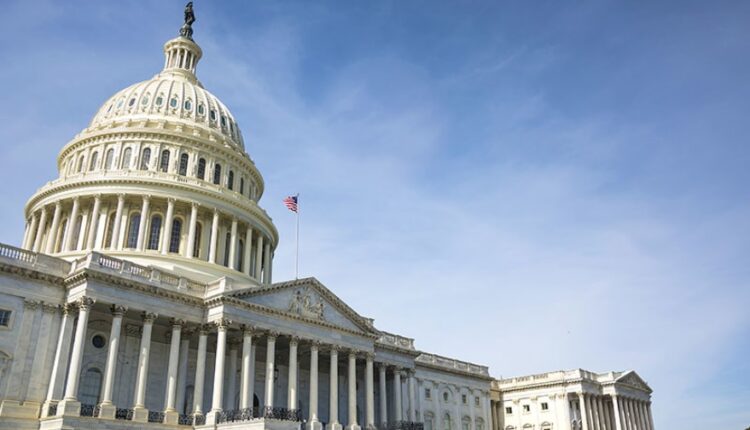
Canopy Growth & Columbia Care Capital Raises Put The Brakes On MSOs Rally
With recent buoyancy in the cannabis stocks, as reflected in AdvisorShares Pure US Cannabis ETF (NYSE: MSOS), the excitement surrounding future price action has been downright euphoric in recent times. Whether it be calamitous chatter CannTwit on X, or trending Top 5 of the infamous momentum stock forum r/wallstreetbets, undoubtedly, the possibility of two reform initiatives had catalyzed the market. However, yesterday’s double-barrel capital raises has seemingly put a brake on this iteration of the sector rally.
The first capital raise news to grace the market was courtesy of Columbia Care (CSE: CCHW) (OTC:CCHWF), which struck a subscription deal with institutional investors to purchase equity. Under the private placement agreement, the company will sell 22,244,210 units, at a rate of C$1.52 per Unit, with a half-warrant exercisable at a price of C$1.96 per share for a term of three years. Aggregate gross proceeds of the placement is expected to generate approximately US$25 million in the initial tranche, with an investor option to purchase US$25 million in additional Units.
Not to be outdone, Canopy Growth (NASDAQ: CGC) also announced a private placement that hit the wires just thirteen minutes later, when the company finalized subscription agreements with specific institutional investors as part of a private placement offering. The offering involved a total of 22,929,468 units, each priced at US$1.09 per Unit, resulting in a combined gross sum of approximately US$25,000,000. This is excluding an over-allotment option to acquire an addition 22,929,468 Units on similar pricing terms.
The significance of these two raises within the wider context is important. In our estimation, it was a clear indicator that certain cash-challenged operators are taking advantage of the current exuberance to raise additional capital. And with many MSOs currently facing the same low working capital predicament, the raises are making price point sensitive investors wary on where to purchase equity.
Specifically, dilution concerns tend to crop up when companies within an industry opt to raise capital by issuing new shares, whether through secondary offerings or private placements. Such dilution can be of worry for investors, especially when the capital infusion is substantial or is anticipated to be needed multiple times within a relatively short period. As a result, it exerts downward pressure on the stock prices of these companies. This apprehension can then ripple out to affect the wider industry as investors take a step back to reevaluate their positions.
Significantly, both Columbia Care (now The Cannabist) and Canopy Growth deals were priced well below market, giving fresh investor pause. After all, nobody wants to wake up one day to news that a capital raise has occurred 17% and 23% below the last traded price, as which occurred with the aforementioned.
Capital Raising Expected, However A Signal The Rally Was Mature
It’s crucial to understand that the cannabis equity market is still largely retail and small fund oriented. As such, responses to capital raises can play on market sentiment perhaps more than more liquid and institutional-based sectors. With cannabis stocks entrenched in structural bear market conditions stemming back to Spring 2021—and with reform hopes dashed on several occasions in the past—it doesn’t take much to spook this fickle crowd.
In particular, the dilution is a source of worry for investors, especially when the capital infusion is substantial or expected to widespread with a sector. With several MSO balance sheets borderline on requiring additional working capital, the placements likely prompted new capital to think twice about buying the recent highs.
Put another way: the gung-ho indiscriminate buying phase of the current iteration of the rally is likely over—at least until the news cycle cooperates. But take heart: it can just as easily fire back up upon the right reform catalyst. Once again, the fate of cannabis equities lies upon the whims of politicians and regulators that populate Capitol Hill.
As of publishing time, MSOS ETF was lower by 7.78% to $8.18 per share on the New York Stock Exchange.



